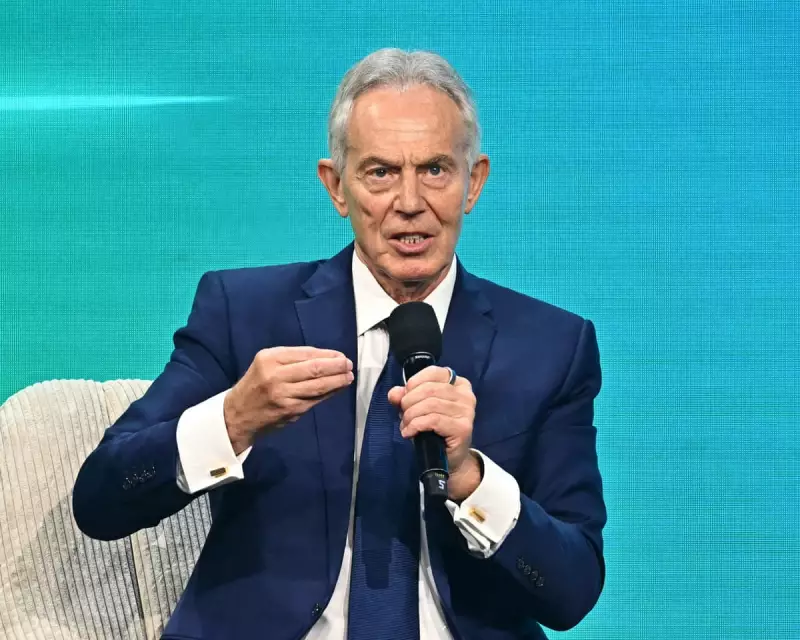
In a striking development that has drawn sharp criticism from human rights advocates, high-level discussions determining the future of Gaza are proceeding with a notable absence: the Palestinian people themselves. While former UK Prime Minister Tony Blair engages in closed-door negotiations with global leaders, those whose lives hang in the balance are being shut out of the conversation.
The Architects of a Future, Minus Its Inhabitants
The blueprint for Gaza's reconstruction and governance post-conflict is being drafted in diplomatic rooms far from the rubble of Khan Younis or Gaza City. Key figures, including Mr. Blair in his role as a special envoy, are deeply involved in these critical talks. The agenda reportedly focuses on security arrangements, interim governance, and a massive international reconstruction fund.
This approach has ignited a firestorm of controversy. Critics condemn it as a modern-day form of political colonialism, where the destinies of millions are decided by a remote political elite. "To discuss the future of a people without their consent or their voice is not diplomacy; it is imposition," a senior aid official stated anonymously.
A Pattern of Exclusion
This marginalisation is not an isolated incident but part of a broader, worrying pattern. Palestinian political factions, civil society leaders, and humanitarian organisations report being consistently sidelined from pivotal meetings hosted in European and Middle Eastern capitals.
The justification often cited by Western officials is a refusal to engage with Hamas, designated as a terrorist organisation by many countries. However, this stance effectively silences a vast spectrum of Palestinian society, from academics and business leaders to local governance experts who are unaffiliated with any militant group.
The consequences of this exclusion are profound:
- A reconstruction plan that may fail to address the on-the-ground realities and needs of Gazans.
- A potential governance model that lacks local legitimacy and is destined for instability.
- A deep erosion of trust between the Palestinian populace and the international bodies claiming to act in their best interest.
The Blair Factor and International Reactions
Tony Blair's involvement, given his controversial legacy from the Iraq war and his role in the Quartet on the Middle East, adds a layer of complexity and scepticism. His presence is seen by many Palestinians as symbolic of the very Western interventionism they believe has failed them for decades.
Meanwhile, the official Palestinian Authority, based in the West Bank, struggles to assert its relevance and is viewed by many as an ineffective and corrupt entity, further complicating the search for legitimate representation.
The Path Ahead: Inclusion or Implosion?
Analysts warn that any post-war plan constructed without genuine Palestinian ownership is built on shaky foundations. A sustainable future for Gaza and the wider region hinges on a inclusive political process that answers the fundamental aspirations of its people for self-determination and dignity.
The current trajectory, however, suggests a future being negotiated about Palestinians, not with them. As the world's powerful deliberate behind closed doors, the silence from those most affected speaks volumes about the daunting challenges ahead.





